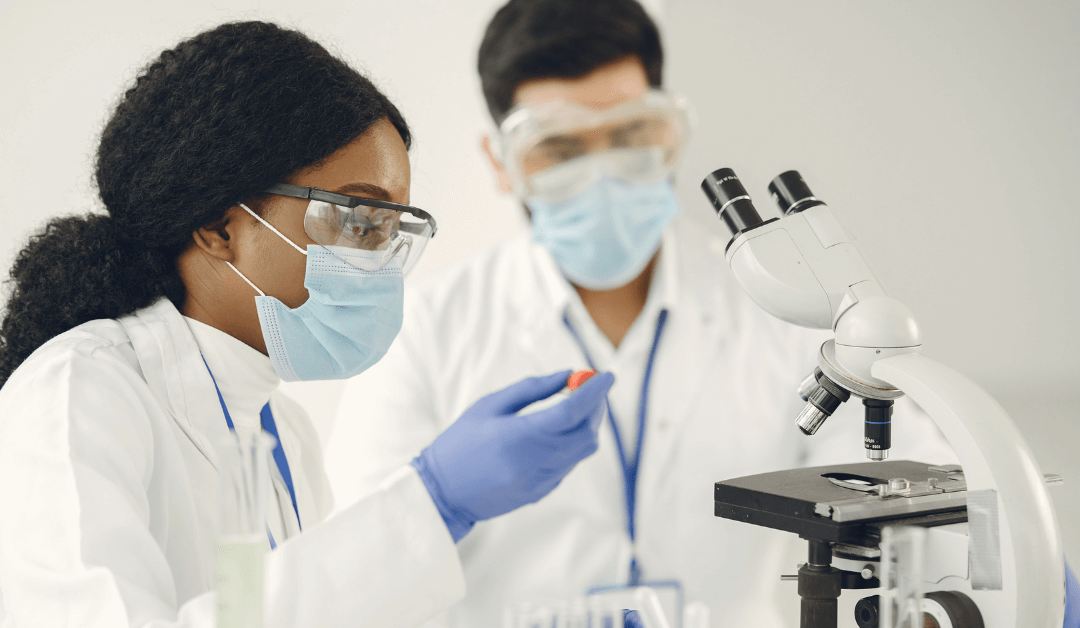Ready to consider a life-changing (or at least life-studying) career or academic field? Check out the life sciences! Subjects like biology, medicine, agriculture, plant and animal science, genomics, and public health study living organisms and all of their life stages; help us learn more about ourselves; and improve our relationships with the planet, animals, and each other.
Biologists, laboratory technicians, technical writers, ecologists, medical sales representatives, data managers, biomedical engineers and researchers, and chemical engineers work to understand and communicate about organisms at every level—from humans to animals to plants to viruses. And with so many different roles available within this diverse field, there is a career for every skill set and interest.
By studying and working to improve life itself—for all living things—life sciences are critically important. Think about the COVID-19 pandemic, for example. In addition to doctors, nurses, and other medical professionals, public health experts were integral in the community-wide prevention of disease.
Or consider climate justice, with fields like environmental science, climate science, ecology, and evolutionary biology all playing critical roles. The majority of communities most vulnerable to climate change—those that have been and will get hit first and worst by changing weather, rising sea levels, pollution, water and food system impacts, and the resulting negative mental and physical health outcomes—are BIPOC communities. For example, the asthma mortality rate is three times higher for Black people in the United States compared to white people, and climate change increases triggers like pollen. In another example, members of the Biloxi-Chitimacha-Choctaw tribe in Louisiana have lost 98% of the Isle de Jean Charles Band, their ancestral land, due to sea level rise and development, worsening displacement for this community. Therefore, it is imperative BIPOC scientists help lead climate justice solutions.
And with so much conflict around women’s health at the national level, women must be part of the conversation and the solutions. That means we need women in medicine, pharmacology, biotech, and MedTech, offering their unique perspectives and making life better, safer, and healthier for all.
So if you’re a student interested in STEM, consider the life sciences! These essential disciplines influence our daily lives, our bodily autonomy, our home on this planet, and our relationships with each other. The future of these fields depends on the creativity and determination of students like you, and Base 11 is honored to support you as you explore the life sciences!
Ready to learn more? Check out these talks from the 2022 Next Frontier Conference
- We Are What We Eat: The Many Paths of Food Science, with Ellen Shumaker and Allen McGee
- On Life Support: Keeping your Dream Alive, with Doctor Robinson
- The Future of Biotechnology with Anthonise Louis Fields, PhD

